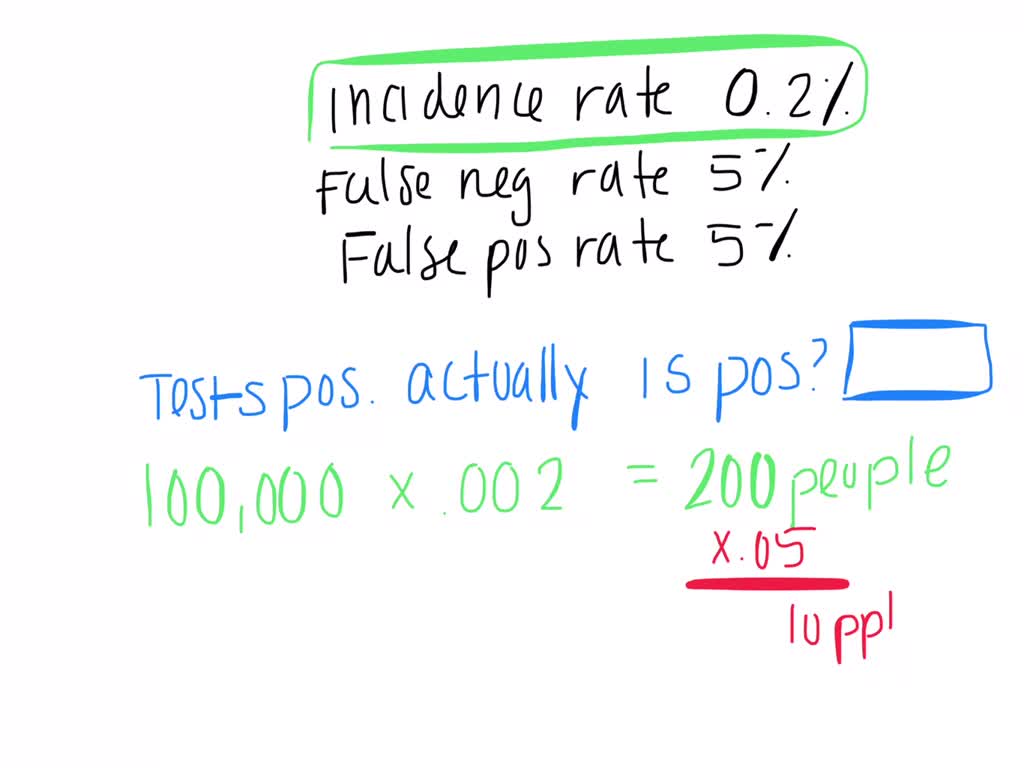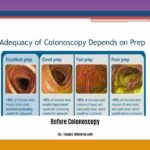Cologuard offers a convenient alternative to colonoscopies for colon cancer screening. However, it’s essential to understand the possibility of false positives, particularly how they relate to age. This article provides a comprehensive overview of Cologuard’s false positive rates by age, potential contributing factors, and the implications for your healthcare decisions.
Decoding False Positives and Age
Cologuard’s overall false positive rate is approximately 13%, meaning there’s roughly a 1 in 8 chance of receiving a positive result even if you don’t have colon cancer or advanced adenomas. This rate likely increases with age, potentially due to age-related changes in the gut, such as increased inflammation. It’s a bit like an older smoke detector—more sensitive and prone to occasional false alarms. This age-related increase underscores the importance of understanding the nuances of Cologuard results, especially for older individuals.
Why Age Matters
While the exact reasons for the age-related increase in false positives remain an area of ongoing research, some experts believe it may be linked to natural changes in the gut microbiome and the increased prevalence of certain benign conditions in older adults. These changes can sometimes mimic the signals that Cologuard looks for, leading to a false alarm. Further studies are needed to definitively pinpoint the contributing factors. This complexity highlights why consulting with your doctor about your individual risk factors is crucial.
The Screening Dilemma
Choosing the right screening method involves balancing convenience with accuracy. Cologuard is undeniably convenient, but the possibility of a false positive, especially for older individuals, can lead to unnecessary anxiety, additional testing (like a colonoscopy), and added expense. If Cologuard comes back positive, a colonoscopy is required to confirm the result. This follow-up procedure can be more invasive and less convenient, requiring bowel preparation and often a day off from work.
Beyond Cancer: What Else Can Cause a Positive Cologuard Test?
A positive Cologuard result can understandably cause concern, but it’s important to remember it’s not a cancer diagnosis. Several factors can contribute to false positives. As mentioned, age appears to be a significant factor, possibly due to age-related changes in the digestive tract. As we age, the lining of the gut can become more prone to inflammation and other minor issues which may trigger a positive result, even without cancer.
Beyond age, other factors under investigation may also contribute to false positives. Cologuard analyzes stool for blood and altered DNA. Benign conditions like hemorrhoids or ulcers can cause bleeding, which the test might detect. Certain medications may also have similar effects. This ongoing research suggests our understanding of these factors will likely evolve.
It’s crucial to remember that any positive Cologuard result necessitates a follow-up colonoscopy. This more precise procedure allows direct visualization of the colon and rectum to determine the presence of cancer or polyps. A colonoscopy also provides the opportunity for immediate polyp removal, preventing potential future cancer development.
Cologuard False Negatives: Accuracy in Focus
While false positives are a concern, it’s equally important to understand the possibility of false negatives—when Cologuard misses the presence of cancer. Studies suggest Cologuard may miss up to 8% of colon cancers. This means that for every 100 people with colon cancer, approximately 8 might receive a falsely reassuring negative result. This could lead to a delayed diagnosis and treatment, underscoring the importance of discussing all screening options with your doctor.
Sensitivity Matters
Cologuard is less sensitive than a colonoscopy, especially when it comes to larger polyps. Studies suggest Cologuard might miss up to 42% of larger polyps compared to colonoscopy, which misses around 5%. This difference highlights why a colonoscopy is considered the “gold standard.” It allows for immediate removal of any polyps discovered, offering a preventive advantage over Cologuard, which is mainly a detection tool.
Age and False Negatives
While the data on how age specifically impacts false negative rates with Cologuard is still under investigation, it’s an important area for future research. As with many medical tests, accuracy can sometimes be influenced by age-related physiological changes. Discussing these potential variations with your doctor is key, especially for older adults considering Cologuard.
Colonoscopy Age Limits: A Personalized Approach
Colonoscopy, while highly effective, isn’t always recommended for older adults. Most guidelines suggest considering discontinuation around age 75, with limited benefits after 85. This isn’t because colon cancer disappears after a certain age, but rather the balance of risks and benefits shifts. As we age, the risk of complications from a colonoscopy remains fairly constant, while the faster growth of cancer sometimes observed in younger people may decrease, thus reducing the potential benefit of screening.
Individualized Decisions
The decision to continue or discontinue colonoscopies after 75 should be made on a case-by-case basis, considering individual health, prior screening results, family history, and estimated lifespan. For instance, someone with multiple health conditions or a limited life expectancy might not benefit as much from a colonoscopy compared to someone in excellent health. Similarly, those with consistently negative colonoscopy results from age 50 onward and no family history of colon cancer may choose to stop screening earlier.
Alternatives for Older Adults
If you and your doctor decide that routine colonoscopies are no longer appropriate, alternatives like Cologuard might be considered. However, remember that false positives are more common in older adults. Open communication with your doctor is vital to navigate these decisions and choose the best path forward. And remember, even if you’re not undergoing colonoscopies, maintaining regular check-ups and discussing any new symptoms with your doctor remains crucial.
Making Informed Decisions
Choosing the right colon cancer screening method is a personal decision. Factors like age, family history, comfort level with procedures, and personal risk tolerance all play a role. Consult with your doctor to weigh the pros and cons of each option. They can help you make an informed choice that aligns with your individual needs and healthcare goals. Have you experienced any sawdust-like material in your home? You may be dealing with carpenter ant frass.
- Unveiling Bernhard Caesar Einstein’s Scientific Achievements: A Legacy in Engineering - July 15, 2025
- Uncover who is Jerry McSorley: CEO, Family Man, Business Success Story - July 15, 2025
- Discover Bernhard Caesar Einstein’s Scientific Contributions: Unveiling a Legacy Beyond Einstein - July 15, 2025
















1 thought on “Cologuard False Positives: Understanding Age-Related Risks”
Comments are closed.